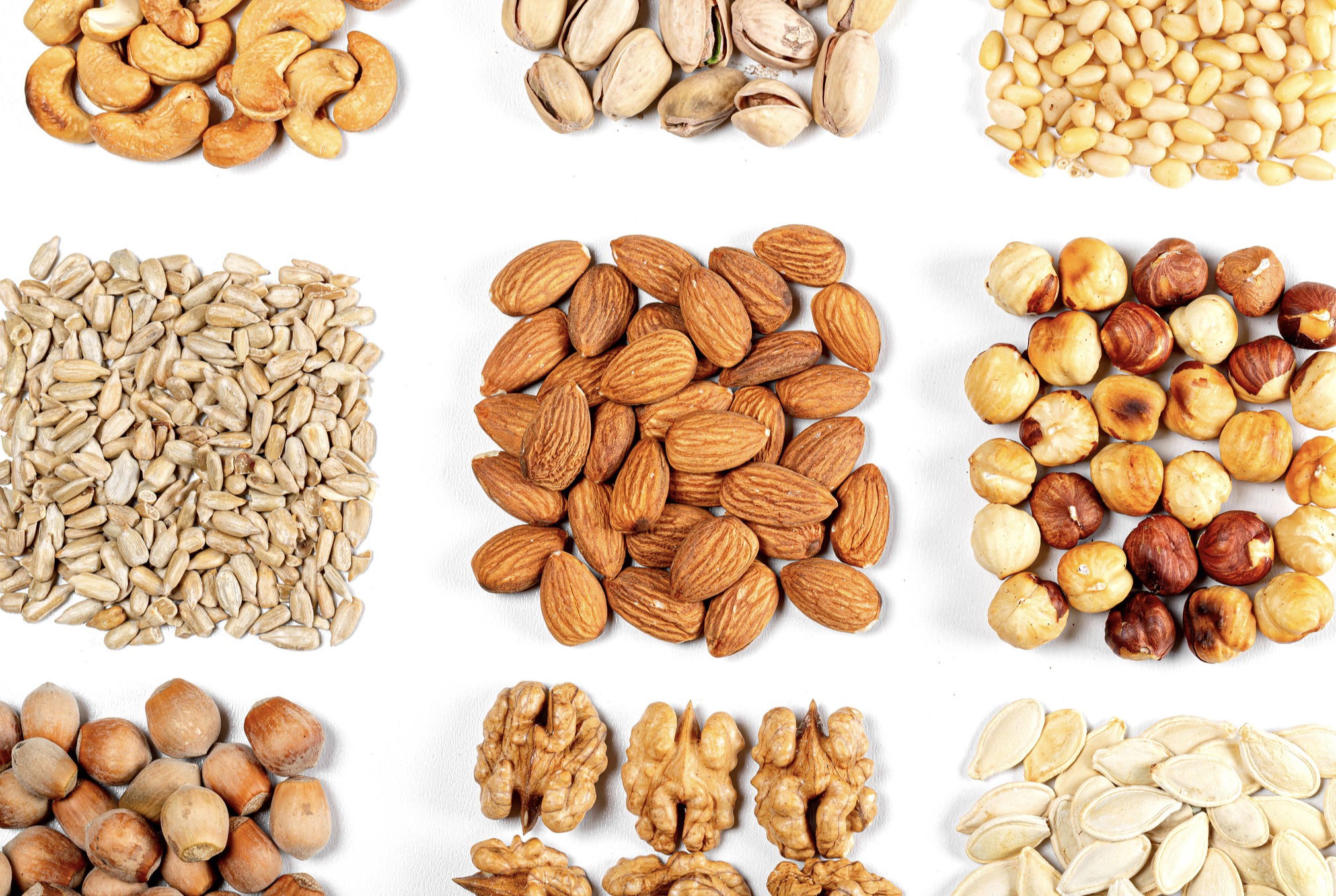The importance of diet on cholesterol levels and reducing heart disease risk

Maintaining healthy cholesterol levels is essential for reducing the risk of heart disease. High cholesterol levels can lead to a buildup of plaque in the arteries, which can increase the risk of heart attacks and strokes. A healthy diet is an important part of managing cholesterol levels and reducing the risk of heart disease.
There are two types of cholesterol: low-density lipoprotein (LDL), also known as "bad" cholesterol, and high-density lipoprotein (HDL), also known as "good" cholesterol. LDL cholesterol is the main source of plaque buildup in the arteries, while HDL cholesterol helps to remove plaque from the arteries.
A diet high in saturated and trans fats can increase LDL cholesterol levels and increase the risk of heart disease. Saturated fats are found in animal products, such as meat and dairy products, as well as coconut and palm oil. Trans fats are often found in processed foods, such as baked goods and fried foods.
On the other hand, a diet rich in fruits, vegetables, whole grains, and healthy fats, such as those found in nuts, seeds, and fatty fish, can help to lower LDL cholesterol levels and increase HDL cholesterol levels. This type of diet can also help to reduce inflammation, which is another risk factor for heart disease.
In addition to following a healthy diet, regular physical activity, maintaining a healthy weight, and avoiding tobacco use can also help to reduce the risk of heart disease. It's important to talk to your doctor about your individual risk factors and the steps you can take to manage your cholesterol levels and reduce your risk of heart disease.